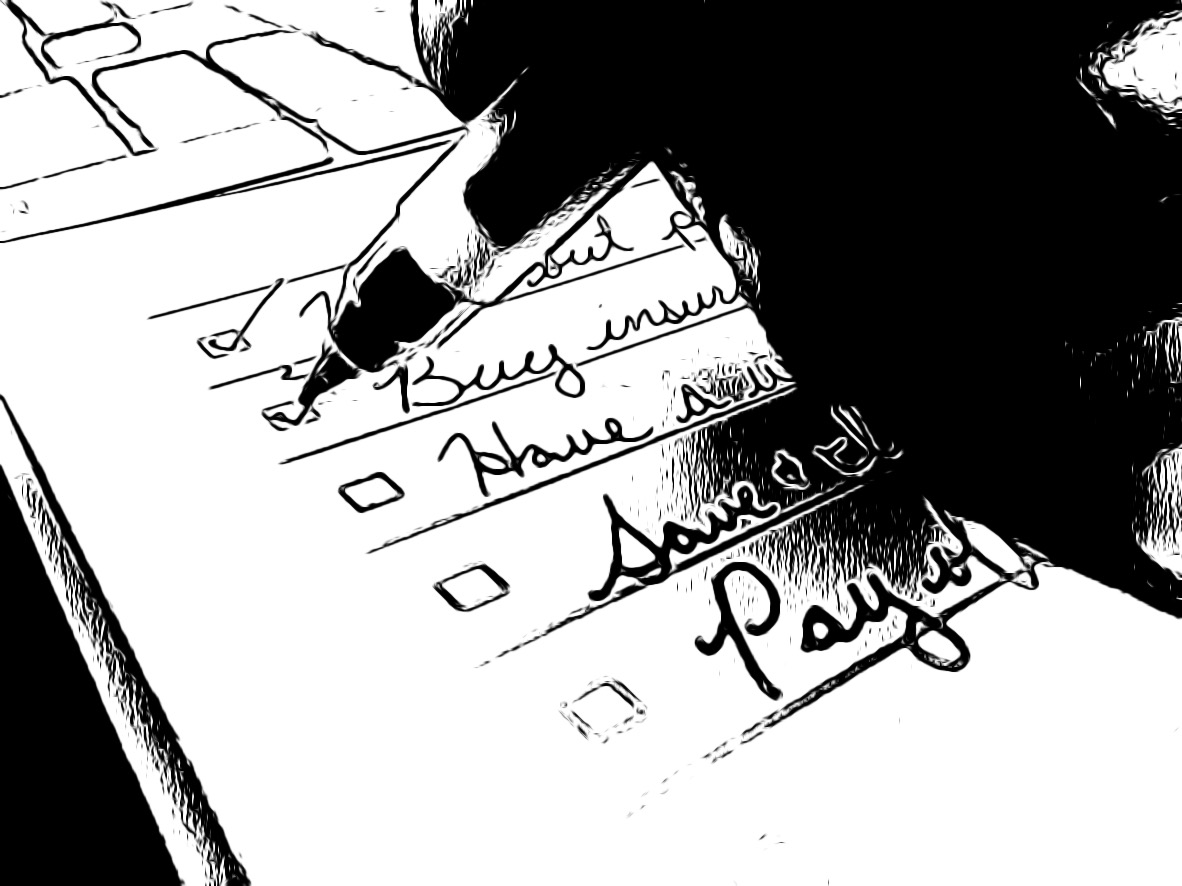An expat financial plan contains many of the same things one would expect in a single-country financial plan, with the main differences being that expats are likely to have property and family members in more than one country, and more likely to have financial goals (where to retire, where to send the kids to school, etc.) in a country other where an expat is currently working.
- Write down what you have and what you spend and save every month. This is a simple “inventory”, and a helpful tool to see on paper all you own, all you owe, and how much of your income is spent vs saved.
- List out your financial goals. These can include more immediate ones, like buying a home or paying off debt, but are likely to include longer-term goals like buying a 2nd home, paying for kids’ university overseas, and retiring either in your home country, a foreign country or both.
- Have a written plan on what your savings and investments will add up to by the time you reach those goals.
- Buy insurance against unforeseen disasters that can derail your reaching these goals. This includes:
- Life insurance, in case you die before earning and saving enough to meet these goals. Yesterday I posted how much life insurance you need and how much it should cost, and earlier on why you should never buy cash value or investment linked life insurance.
- Medical insurance, in case you get sick or injured. The expat financial plan ideally includes a high-deductible international inpatient cover of over US$1,000,000/year. Like other insurance, this is to cover big bills that can ruin your financial plan, not to pay for small outpatient visits.
- Property & liability insurance covering your major assets or businesses.
- Have a will covering property in each country. If you have children, you should also have a document appointing a guardian in case something happens to you and your spouse before another family member can come get them. More on wills in this post.
- Pay off all debts with an interest rate higher than about 3%. This number of course changes, and differs from Dave Ramsey’s baby steps, which is a more conservative plan focused on paying down all debts regardless of interest rate.
- Consolidate any investment accounts in your home country, for example, roll over any 401(k)s into a single IRA in the US, consolidate your UK pensions into a SIPP, etc.
- Get tax and financial advice about how to plan for continued savings and investing while living overseas, and how this will affect you when you move back. The investment side is our specialty, and we work with a network of tax specialists who better understand US, UK, Australian, or Canadian tax law for expats who hold those citizenships, assets in those countries, or plans to move there.
We look forward to hearing from you if you have any questions about how to put together a comprehensive international financial plan.


